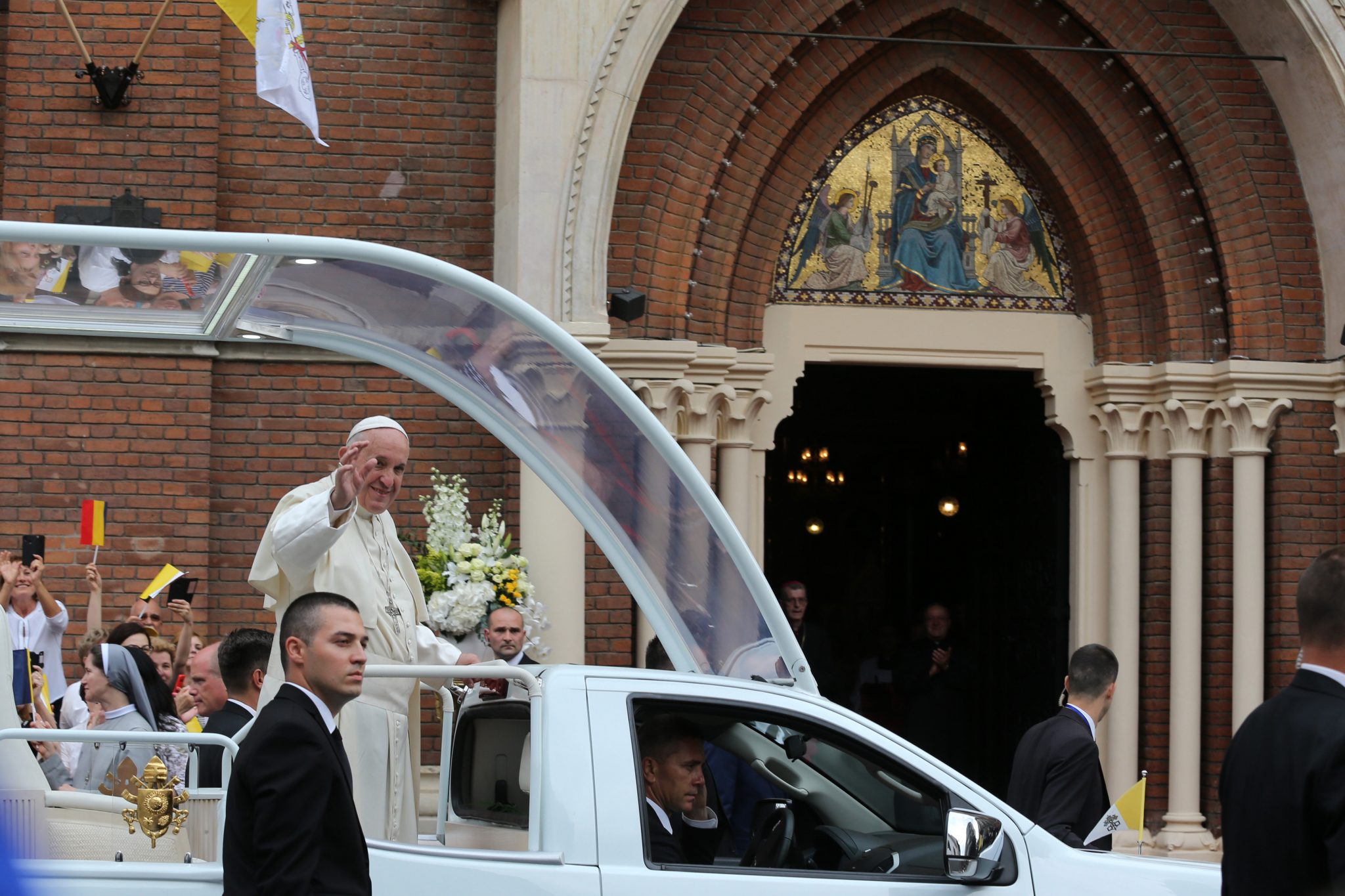
It is important that the congress is organised under the safest possible circumstances, state secretary Kovács said.Continue reading
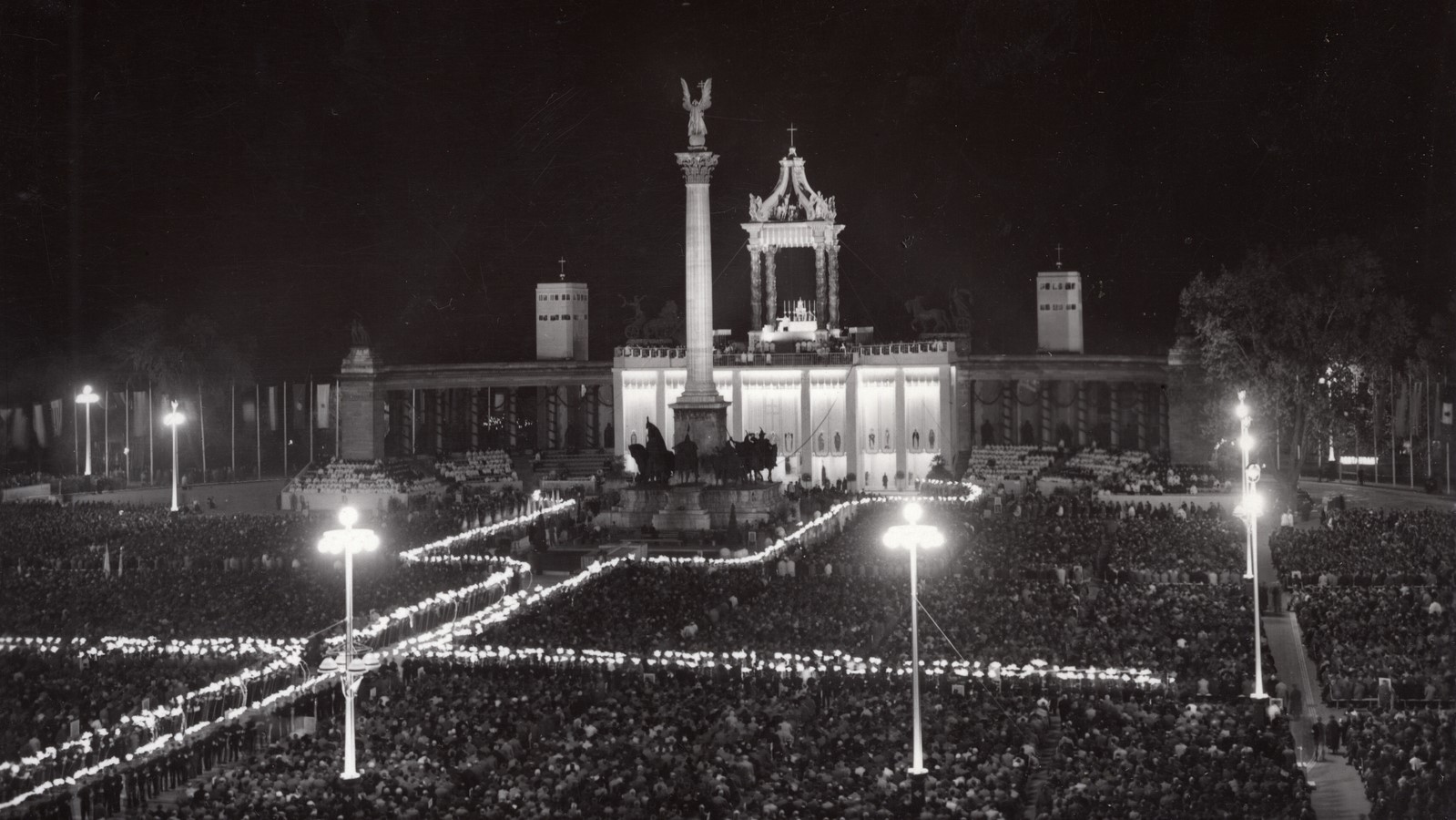
This year’s International Eucharistic Congress, awaited by millions of faithful Catholics around the world and in Hungary, is about to begin in Budapest. Even though many may not know, this will not be the first time Budapest will be the capital of the Catholic world. 83 years ago, one year before the outbreak of World War II, the city was also selected to host the event. But at that time, even though the event was held with great pomp and ceremony, the air was already filled with signs of war.
Sunday marks the beginning of the 52nd International Eucharistic Congress in Budapest, an assembly of the Catholic Church that meets to manifest love for Christ in the Eucharist, and to bear witness before the world to God’s infinite love for humanity. The congress is one of the most important regular worldwide events of the Roman Catholic Church, making Budapest the capital of Catholicism for a few days.
What many people may not know, however, is that this will not be the first time that the Hungarian capital has hosted this important religious event. The last International Eucharistic Congress before the Second World War was also held in Budapest from 25-29 May, 1938.
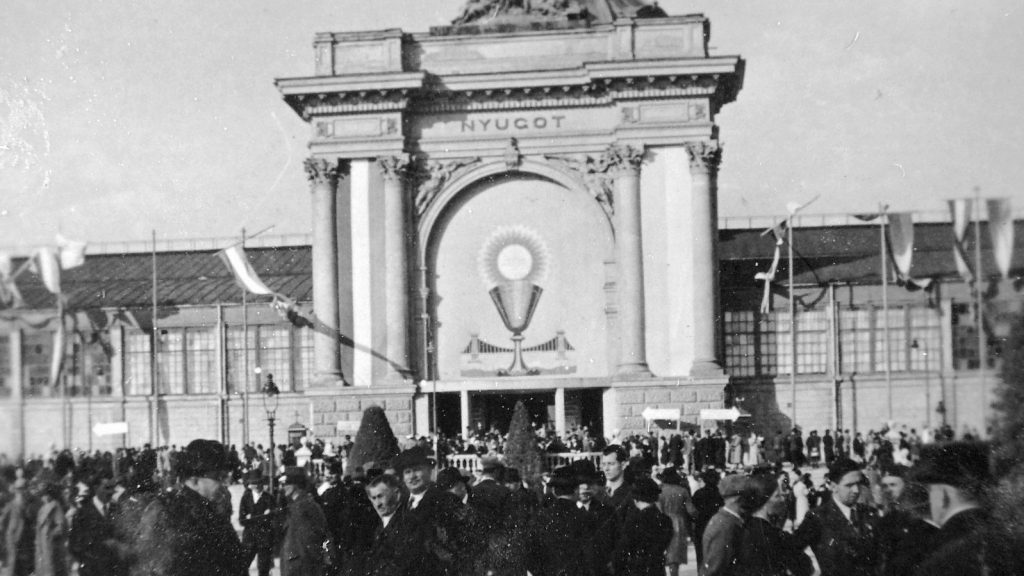
Photo: Fortepan
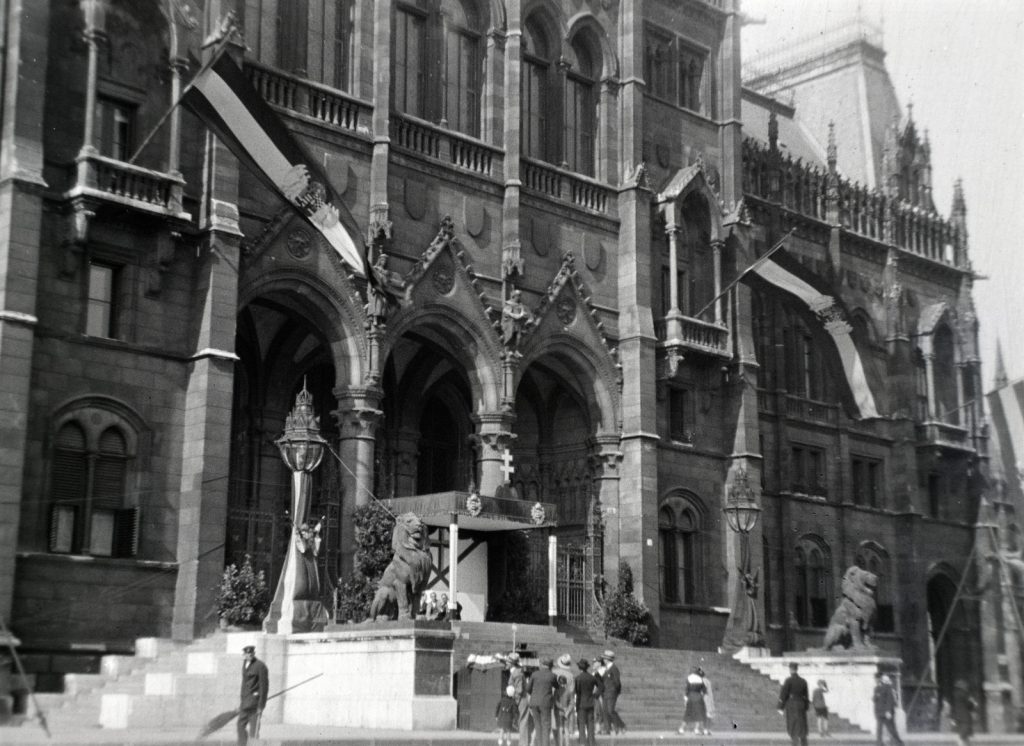
Photo: Fortepan/Ferenc Mezey
More than half a million Hungarian and foreign pilgrims visited Budapest to participate in the 34th international Eucharistic Congress. Hungarian public opinion at the time saw it as a great honor for Hungary, which was recovering from the traumas of the Great War, to host an event that was being keenly watched by the Catholic world.
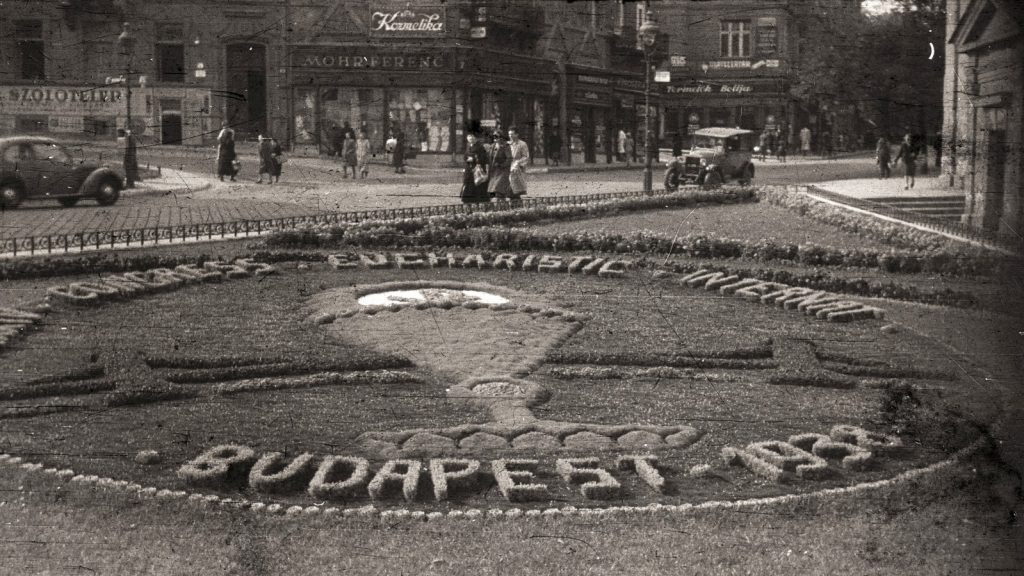
Photo: Fortepan/András Pálfi
Naturally, the wind of the war was already in the air, thus the event also had an important political message from the Hungarian organizers, to show the world that the country could once again play its role as a centuries-old “bastion of Christianity,” especially since Hungary was caught between two ungodly, totalitarian regimes: the neo-pagan Nazi Germany and the atheist Soviet Union.
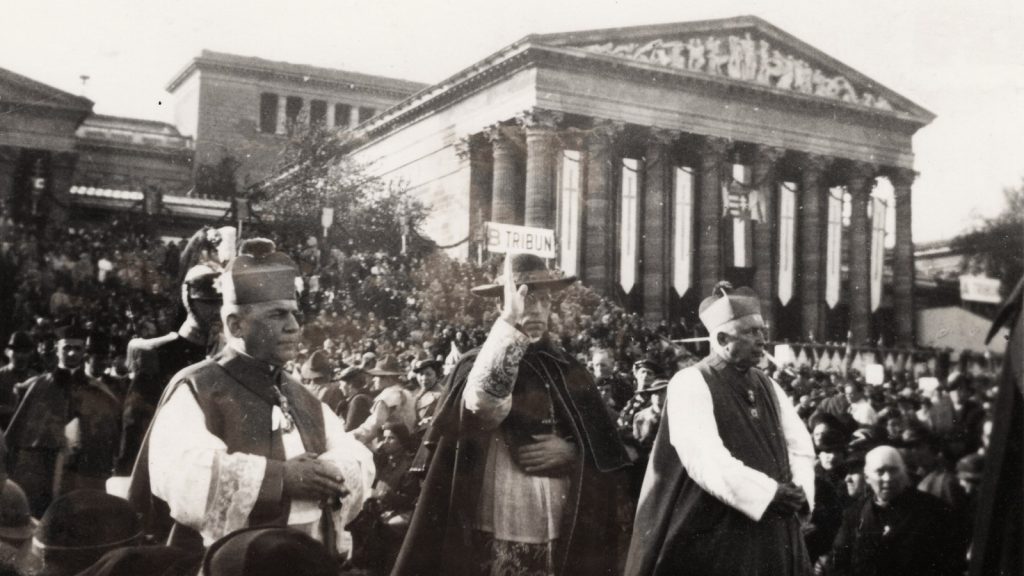
In the photo: Papal legate Cardinal Eugenio Pacelli(mid), who was elected Pope Pius XII not quite a year later. Photo: Fortepan/Új Ember Hetilap
The international gathering, which was a monumental event in itself, was also combined with a major domestic series of celebrations to mark the 900th anniversary of the canonization of King Saint Stephen, Hungary’s first king and Founder of the State.
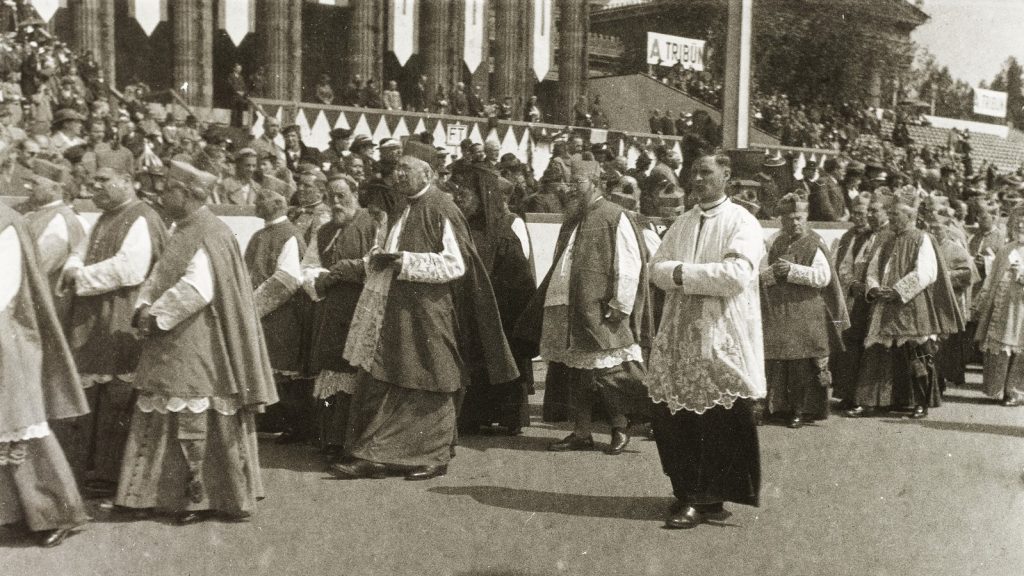
Photo: Fortepan/Album002
The celebrations, as the press at the time called them, the events of the “double holy year,” were also meant to demonstrate both to the outside world and to the Hungarian public that Hungary was still the “island of peace in Central Europe” (Ironically, only one year before the outbreak of WW2).
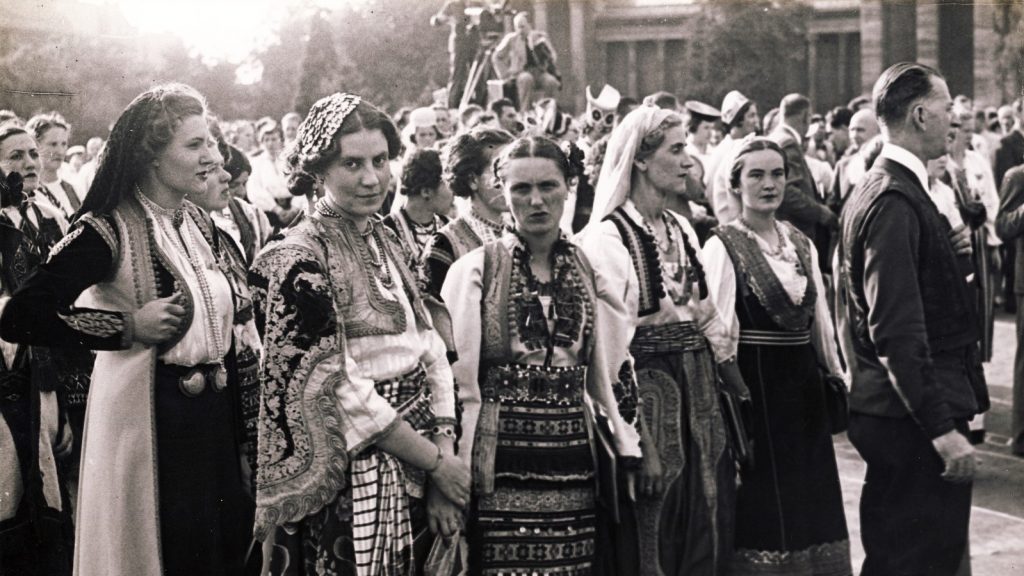
Photo: Fortepan/Uj Nemzedék napilap
The event was attended by 15 cardinals and 330 bishops and more than 100 thousand pilgrims, whose accommodation and feeding was a significant logistical task. However, Germany banned participation for its citizens. The Hungarian government supported the event with a substantial sum of 600,000 ‘pengő’ (the Hungarian currency at the time). Almost half a million people attended the closing services on May 29th.
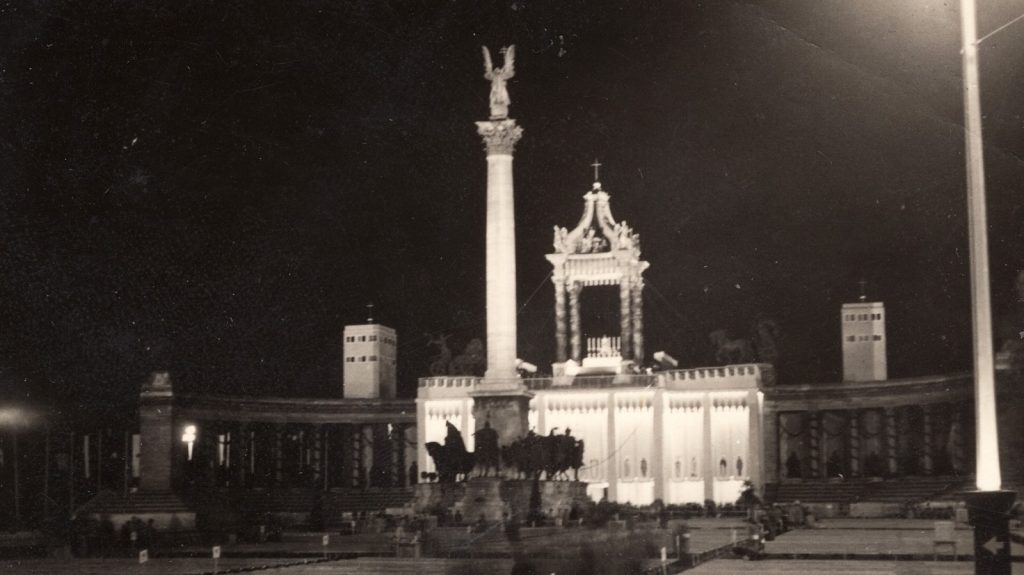
Photo: Fortepan/Új Ember hetilap
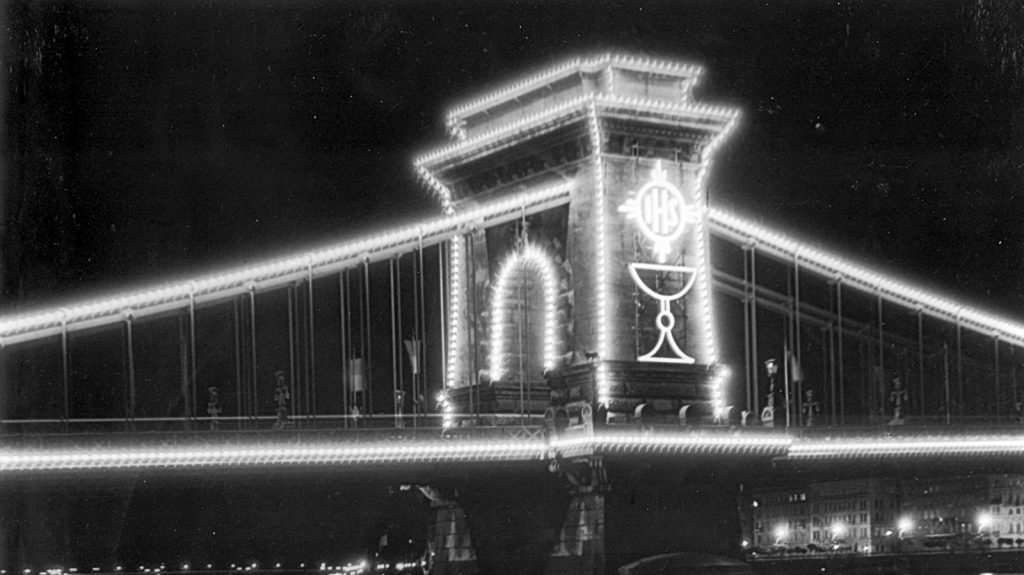
Photo: Fortepan/György Major
2021 International Eucharistic Congress
This year’s International Eucharistic Congress is scheduled to be held from September 5th to 12th. The event will include outdoor Masses, concerts, exhibits, performances, testimonies, historical tours, family activities, and a film festival. Pope Francis will also visit Budapest during the event as he will preside over the closing Mass of Congress at Heroes’ Square. The pope is also scheduled to meet with Hungarian President János Áder and Prime Minister Viktor Orbán before the ceremony.
Featured photo via Fortepan/Új Ember Hetilap